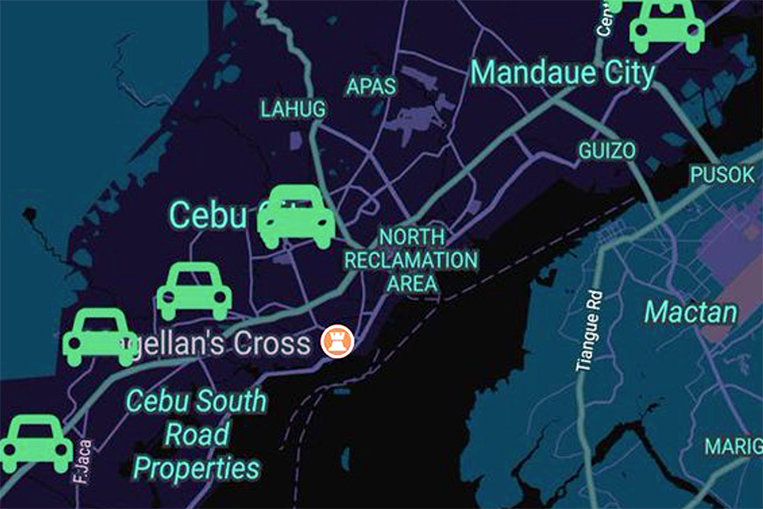
With motorbike ride-sharing app Angkas at least temporarily out of business, it seems another company is busy scooping up its riders and expanding in the Philippines: Arcade City. A sponsored tweet currently targeting Twitter users in Metro Manila is aiming to attract customers of the currently closed ride-sharing service and even refers them to a Facebook group for more information, but who or what is Arcade City, and could it be the decentralized Uber killer it likes to portray itself as?
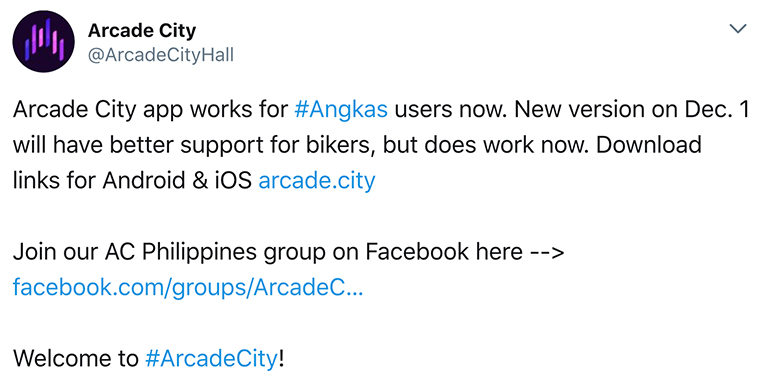
Arcade City was started by former Uber drivers in the USA, with CEO Christopher David himself having sat behind the wheel for the ride-hailing behemoth before heading up this new venture. The company is similar in nature to Uber and Grab, but allows its drivers and motorbike riders to charge their own rates and accept payment themselves.
It refers to itself as the world’s first decentralized, self-governing ride-sharing network, with the company claiming it is owned by the drivers and riders themselves, and there being no interference from any corporate headquarters. Arcade City has seen its biggest growth in US cities where other ride-sharing companies have retreated for various reasons, but in Metro Manila the company appears to be thriving alongside its biggest rivals. By going peer-to-peer, the startup is effectively cutting out the middleman and hoping to avoid regulation, a move that no doubt won’t go down too well with the Land Transportation Franchising and Regulatory Board.
The idea of a self-governing, decentralized ride-sharing platform that is effectively owned and operated by all of its users is certainly an interesting one
Arcade City clearly has big ideas going forward, the most interesting one being a plan to pay its drivers and riders with a blockchain-based cryptocurrency called Arcade Tokens in the near future. Whenever users do something that provides measurable value to the network—such as recruiting new drivers or securing strategic partners—they will receive Arcade Tokens as payment, which can be exchanged for cash or used for services within the network. To fund this, the company is not going down the traditional venture capital route, but instead will be holding a public token sale in 2018. Holding an ICO (initial coin offering) has become all the rage among tech companies these days ever since the likes of Bitcoin and other cryptocurrencies have become reasonably mainstream, but it will remain to be seen if Arcade City is on to a winner with this. Any token-based system only works if the token itself has a commercial or practical value for its users.
The idea of a self-governing, decentralized ride-sharing platform that is effectively owned and operated by all of its users is certainly an interesting one, but it also comes with a lot of questions and issues. What happens if there is an accident? How can riders and passengers be vetted to avoid crimes? What if there is an opportunity to be regulated—how would they even go about it if there is effectively no real company HQ with lawyers and corporate staff to do it?
Seeing as the company is more or less openly boasting about the LTFRB having tried and failed to shut it down, it’s probably safe to say that at least the regulatory approach isn’t really on its immediate radar, which may lead to the government going down the enforcement route.
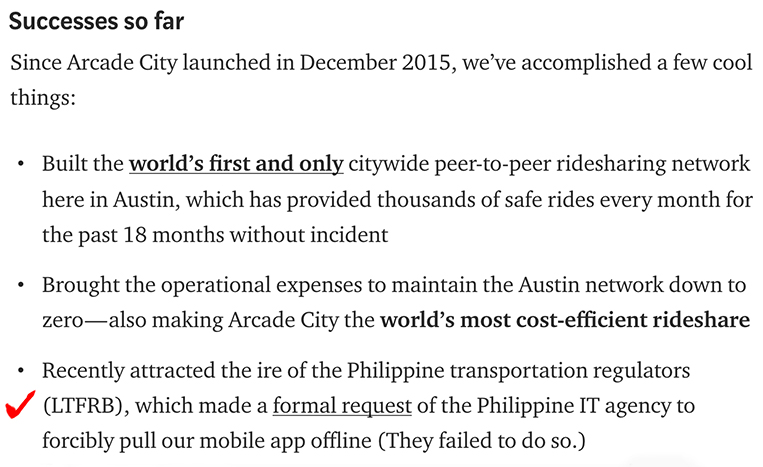
Arcade City is a small startup company based in Austin, Texas, and with no known office or staff here in the Philippines, the LTFRB will find it somewhat difficult to go after the organization’s bigwigs, so the agency will no doubt target the drivers again. Will users compensate a driver or rider if he finds himself in a tight spot with the law? The questions just keep piling up, but while we’re busy trying to figure out who will win the Metro Manila Transport Wars, the public will surely use whatever means are available to get from A to B.
One indication that Arcade City might be onto something is the fact that rival Uber has just launched a major charm offensive, claiming to be the nice guys who can “unlock your city.” One thing is for certain: A truly decentralized network of drivers and passengers can be a powerful tool that would be almost impossible to shut down for regulators, and that may hold the potential to seriously disrupt the multibillion-dollar ride-sharing industry.
Put simply: If we were working for Uber, we wouldn’t take this challenger lightly.

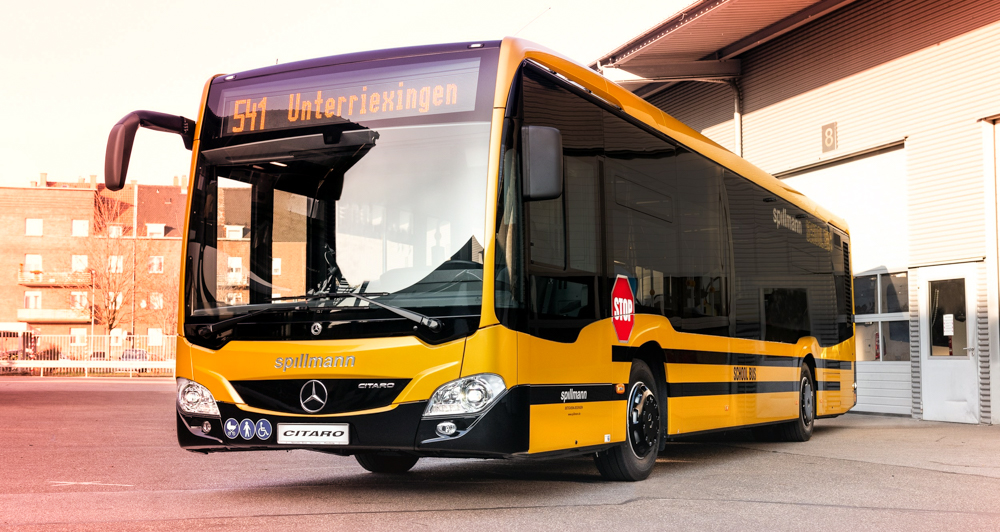
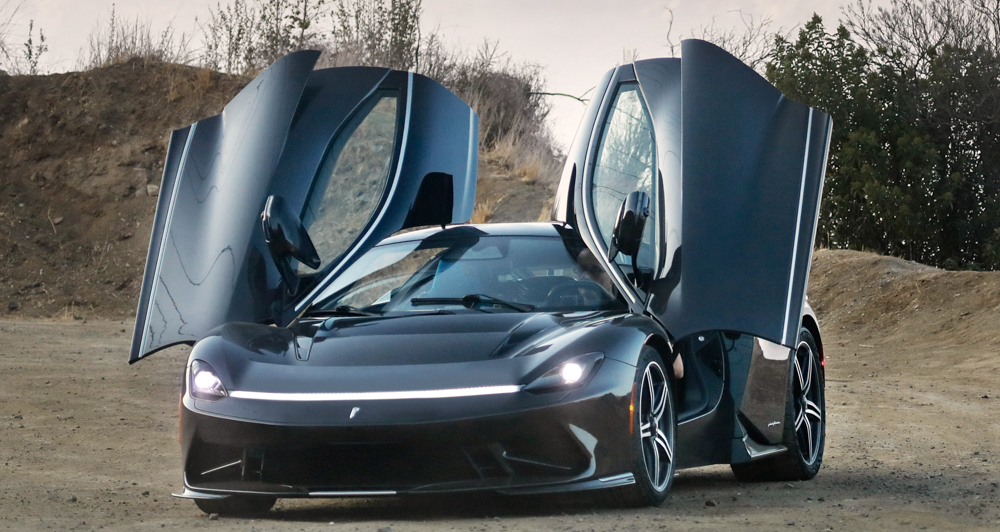
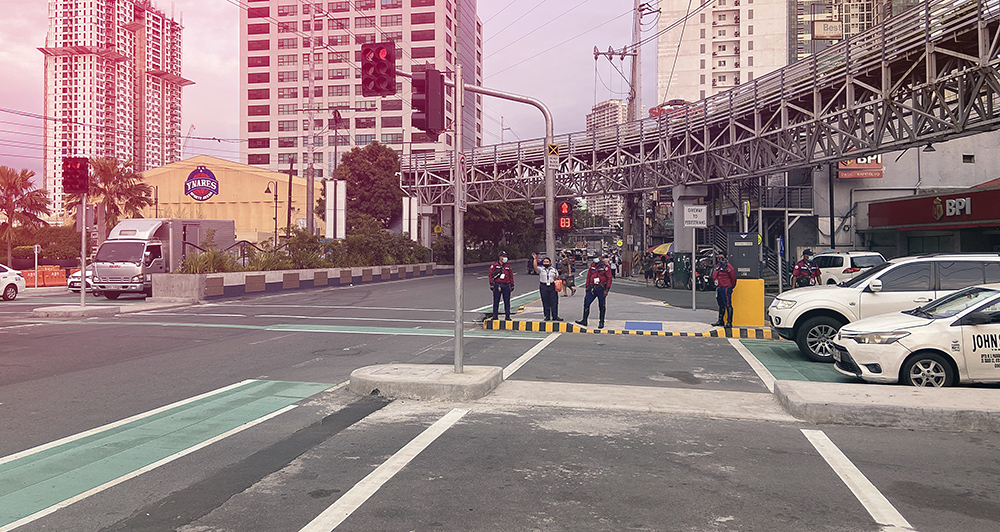
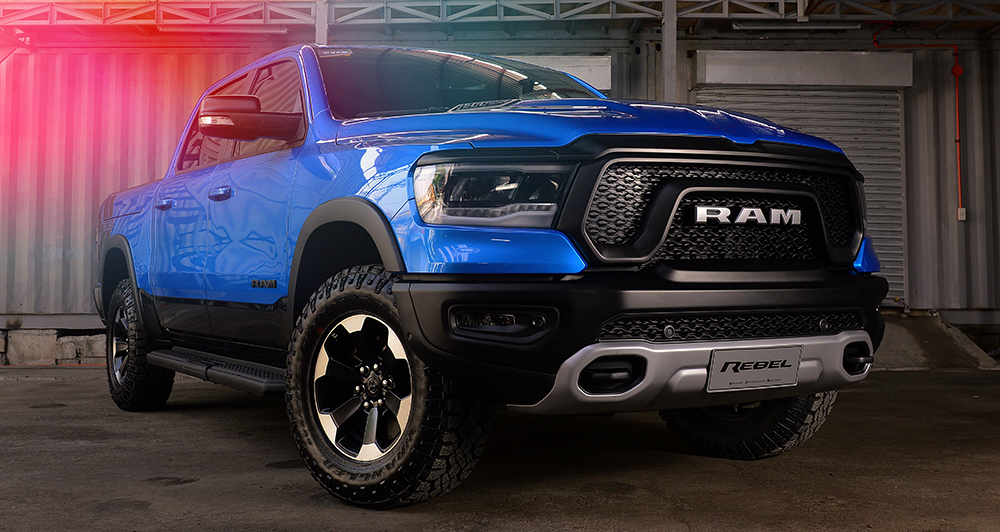

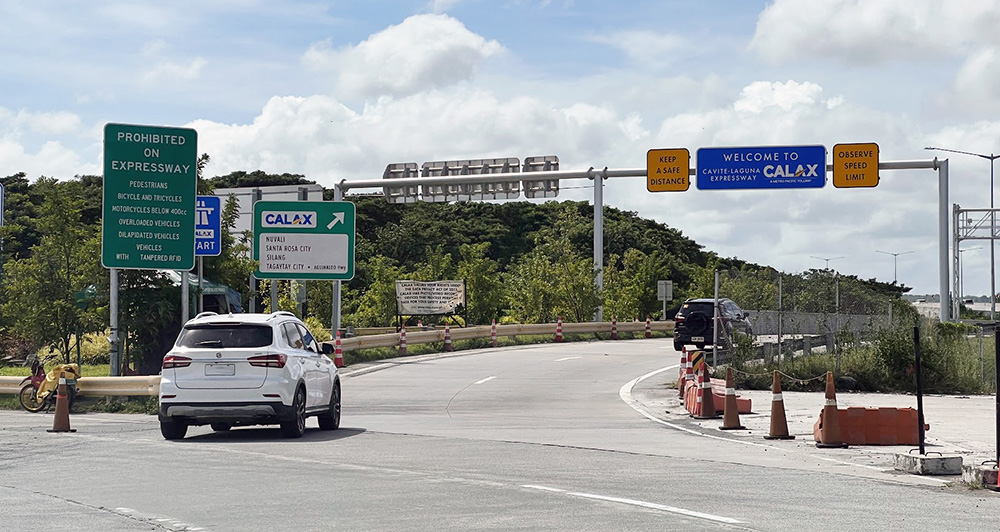




Comments